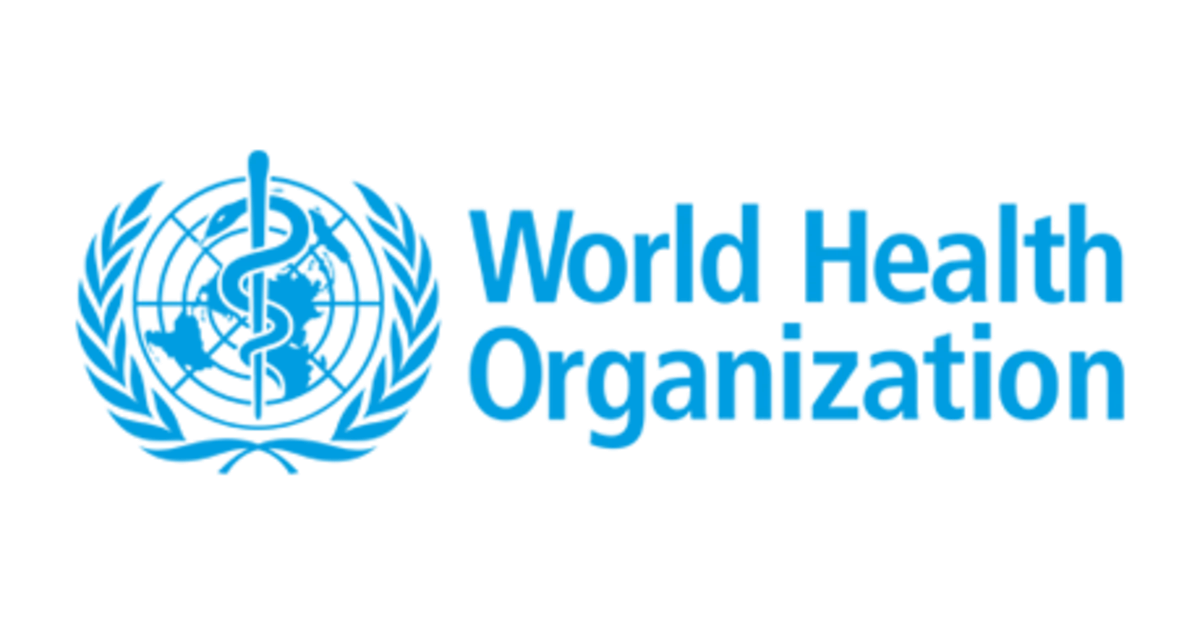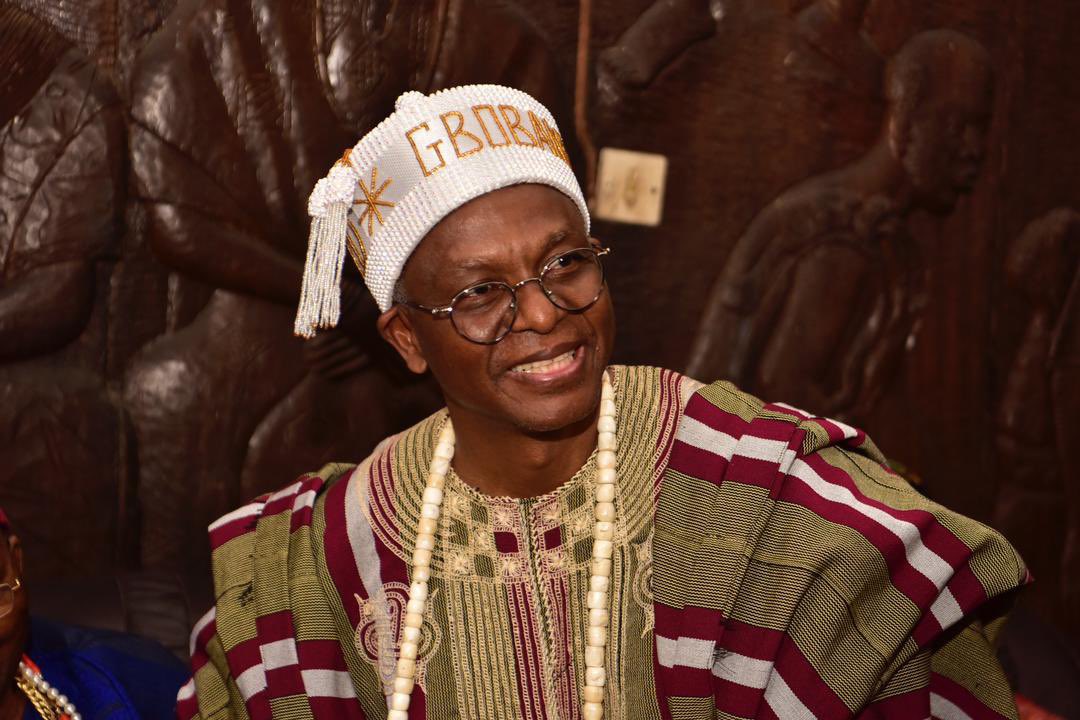The World Health Organization (WHO) has urged Nigeria to increase its public health expenditure to at least 20% of total health spending to strengthen the country’s healthcare system.
This call was made by the WHO Regional Director for Africa, Professor Mohammed Yakub Janabi, during the National Health Financing Policy Dialogue 2025, held on Thursday in Abuja. He emphasized that sustainable financing is the foundation of a resilient and effective health system.
Professor Janabi praised the Federal Ministry of Health and Social Welfare for organising the dialogue, describing Nigeria’s current reforms in health financing as “timely and commendable”.
With Nigeria’s population exceeding 223 million, he highlighted the importance of how the country chooses to finance its health sector—not just for national development, but also for regional stability and the future of Africa as a whole.
“Nigeria is making commendable progress,” he noted, referencing initiatives such as the Basic Healthcare Provision Fund, the enactment of the National Health Insurance Authority Act, and the expansion of state-level health insurance schemes.
Beyond boosting public investment in health, Prof. Janabi stressed the need to reduce out-of-pocket healthcare spending, enhance risk pooling and prepayment mechanisms, and promote evidence-based decision-making to ensure fairness and accountability.
He expressed hope that the dialogue would mark a shift from discussion to implementation:
“This should be a turning point where commitments become sustained action,” he said, reaffirming WHO’s commitment to support Nigeria in its health financing journey.
Also speaking at the event, Global Fund Representative Maria Kirova pledged the organization’s continued support for Nigeria’s health financing efforts. She emphasized the importance of long-term, sustainable investments to ensure universal health coverage.
Kirova commended the Nigerian government for its leadership and bold steps in reforming the health sector, particularly in combating diseases like HIV, tuberculosis, and malaria.
“While the progress is remarkable, challenges remain,” she said. “These include ensuring equitable access to care, protecting vulnerable populations, and mobilizing adequate human, material, and financial resources to sustain health outcomes.”
The Global Fund has been actively partnering with the Nigerian government, national agencies, and implementing organizations to enhance health system integration and reduce fragmentation. Their support includes:
Expanding health insurance coverage in five states to boost social protection and reduce out-of-pocket spending
Supporting oxygen therapy infrastructure, including oxygen plants and liquid tanks across over 60 major health facilities
Strengthening national supply chains and upgrading warehouses
Enhancing disease surveillance systems
Investing in primary healthcare revitalization
Advancing the digital transformation of the health sector
Promoting integrated service delivery models
Kirova outlined the Global Fund’s sustainability-focused partnership model, which includes:
Co-financing incentives tied to grant eligibility
Catalytic funding to boost domestic investment in health
Collaborative program design and implementation involving government, civil society, the private sector, and communities
She expressed confidence that Nigeria’s strong political commitment, as demonstrated during the forum, would translate into increased domestic health financing and lasting improvements in health outcomes.








